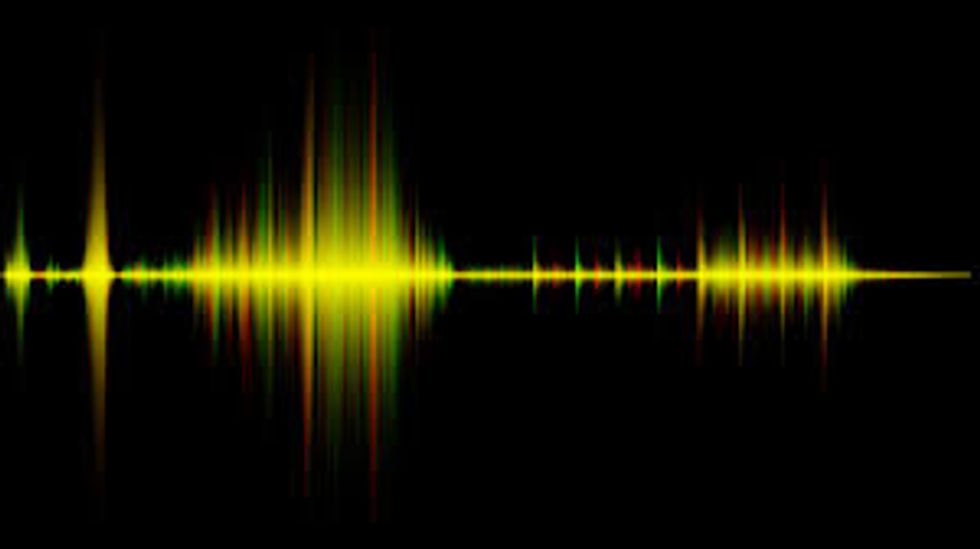My best friend is deaf, but music brings as much life to her soul as it would to any hearing person. You should see her place her hand on the wood of a guitar being strummed or on the edge of a pew while the choir sings. Her eyebrows might furrow just slightly, maybe in concentration or maybe in passion. When she finds the beat, her head might gently nod in time. Or she might be still, eyes lowered, totally overcome by the vibrations coursing from her fingertips to the marrow of her bones. When I see bliss glaze over her eyes as she feels music, I begin to question if the ability to hear is obsolete when deafness elicits more potent physical sensations in congruence with emotional sensations.
Many times I have tried to focus on the vibrations in my ears while trying to block out the music coming from my headphones. Unfortunately, imagining these quiet vibrations unaccompanied by sound is an impossible task for hearing people. Our perception of these sensations will forever be clouded by the incoming information of sound. To only feel sound, to only feel music, like the whisper of a spring breeze brushing through your hair, would be a beautiful life to live.
Nevertheless, I do not take my hearing for granted, and neither should you. There is a song by Bon Iver called “Love More” in which the first few minutes are simple notes and noises from an electric guitar and other unique instruments. These sounds are hardly music, yet if you are focused, faces, colors and places will appear in your imagination. Some will be memories, others will be dreams. You’ll see these images in your best friend’s laughter, in the crisp crinkle of a flipping page, or in the rustle of leaves when the wind spins through them. They’re just sounds. That is, they’re just sounds until they put a smile on your face or make your heart shed a tear. That is when sounds become music.
Hearing people are lucky enough to experience a physical reaction when we listen to certain sounds such as the cutting of a slab of wood or a steady rainfall on the ground. It will start at the peak of your crown and shiver outward across the entirety of your scalp before it trickles down your spine. It’s called Autonomous Sensory Meridian Response, or ASMR, and it’s as close to the deaf experience we will ever reach.
I can’t quite put my finger on why this is all so important, physically and emotionally feeling the sounds we hear every day. Deaf or hearing, we must absorb the sensations that remind us we are alive and human. Put your hand on the wood of a strumming guitar and let the vibrations sing to you. Sit on the bank of a river, close your eyes and let the water’s eternal hum carry the burdens of your mind down the stream. Be impassioned by the existence of sensation itself.























